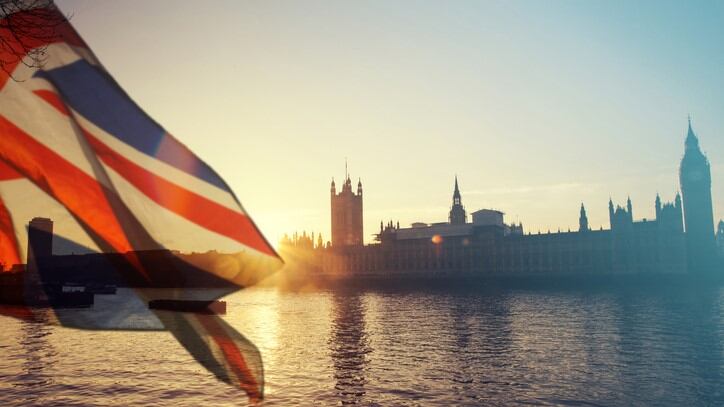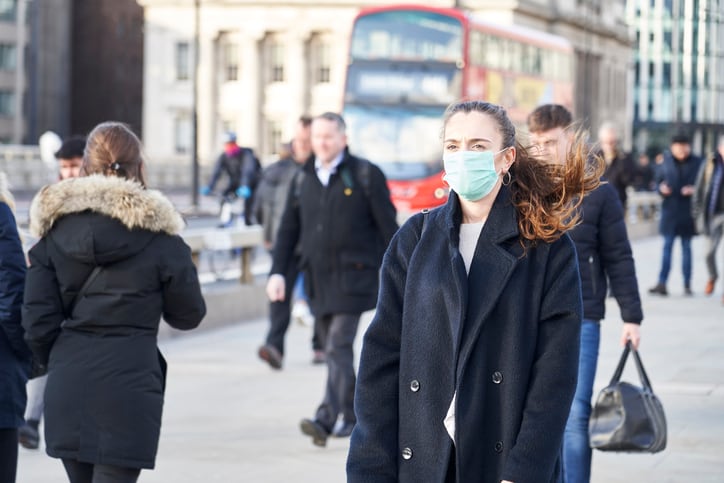The Personal Care Services dedicated team, formed last week within the UK government’s BEIS Department, was created after a lengthy campaign from the British Beauty Council, the UK Spa Association, the British Association of Beauty Therapy and Cosmetology and the National Hair & Beauty Federation. The in-government team was made up of four officials; a director, deputy director and two members who would be industry’s primary contact and voice on any future UK policy matters.
The announcement had been defined as a “game-changing move forward” with “far-reaching positive implications” by the associations behind the push. In-government representation, they said, would finally raise awareness and drive a deeper understanding on the dynamic, economically valuable and highly innovative nature of UK beauty amongst policy makers.
The move would also pave the way for future, sector-specific financial support – highlighted as a key need earlier this year by the British Beauty Council and UK Cosmetic, Toiletry and Perfumery Association (CTPA).
Formal UK government representation for beauty is ‘monumental’
“This decision; the announcement of a dedicated sector-specific team for personal care is monumental for the sector,” said Helena Grzesk, chief operating officer of the British Beauty Council.
“It’s something we’ve had on our wish list and we’ve been working towards achieving, and the announcement is just such a positive step in the right direction (…) To have a creation of a sector-specific team will give us a united voice within government and the correct governmental representation moving forward,” Grzesk told CosmeticsDesign-Europe.

The move was very much “long overdue”, she said, and finally raised the bar for British beauty in the eyes of policy makers. “…We’ve now got that internal voice and someone to champion us, and I think that’s really important.”
UK beauty was a “very diverse sector” and its economic contribution had been “hidden away in the shadows for a long time”, she said, and COVID-19 had recently proven how misunderstood the industry was.
In 2018, UK beauty and grooming products and services equated to 1.3% of the UK’s total GDP; contributing €32bn (£28.4bn) to the economy – a figure unveiled in the British Beauty Council’s Value of Industry report in 2019.
Raising beauty’s profile in UK government the 2021 goal
Grzesk said the goal over the coming weeks and months was to utilise the Personal Care Services team to continue raising industry’s profile, through all layers and departments of government.
“It will really be about leaning on them for goals and utilising them to support those objectives from an industry side,” she said.
And there were a lot of issues to address – financial support during COVID-19 and Brexit being just two important and timely topics, she said.
Millie Kendall MBE, CEO of the British Beauty Council, said VAT reductions for salons were another topic to tackle, particularly with the ongoing COVID-19 crisis.
“That’s really critical to save the high street,” Kendall said. “…We pay 20% VAT and we also pay corporation tax, which gives you really no incentive to have a [beauty] premises.”
Another specific issue that had to be addressed, she said, was the outdated Standard Industrial Classification (SIC) codes that hadn’t been reviewed by UK government since 1948. Beauty, she said, remained a subdivision of another code. “How can you properly assess an industry, its workforce and the work they do if you haven’t updated [the SIC codes] in 72 years? We are not in the 1950s; we’re in a different century (…) I think if we can get that reviewed and updated, that will be critical.”
Grzesk said the British Beauty Council and other industry associations and leaders would work closely with the newly formed Personal Care Services team to highlight all these needs and goals, but also “join things up” on any ongoing work and headway already made with specific MPs and departments.




